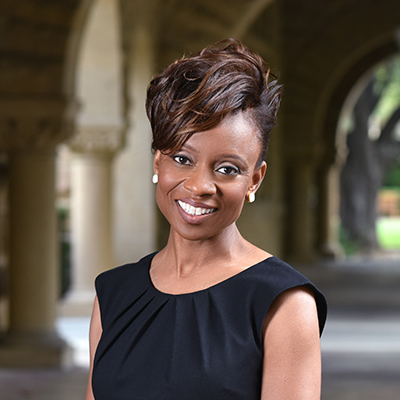Stanford Researchers Find Places, Not Just People, Are Targets Of Racial Bias
Summary
New research shows that racial biases affect more than how we treat individual black people. Biases also lead us to devalue black homes and neighborhoods, and to subject them to potential health hazards. The studies further demonstrate that people who have positive attitudes toward black people may still undervalue black spaces.
Researchers at Stanford University, the University of Illinois at Chicago and the University of Waterloo recently published these findings in the Journal of Experimental Psychology: General.
“Many studies document that Americans harbor biases against black people,” said Jennifer Eberhardt, a professor of psychology at Stanford. “Ours are the first experiments to show that these biases extend to the physical spaces black Americans inhabit. In other words, stereotypes drive not only how we treat people, but also how we treat places.”
…
“These findings show how racial discrimination can occur even in the absence of harmful intent or negative attitudes toward black people,” said lead author Courtney Bonam, who conducted part of this research at Stanford as a doctoral student with Eberhardt and part at the University of Illinois at Chicago, where she is an assistant professor of psychology. “Space-focused stereotyping is an insidious form of bias that can perpetuate racial inequalities.”
Read More
